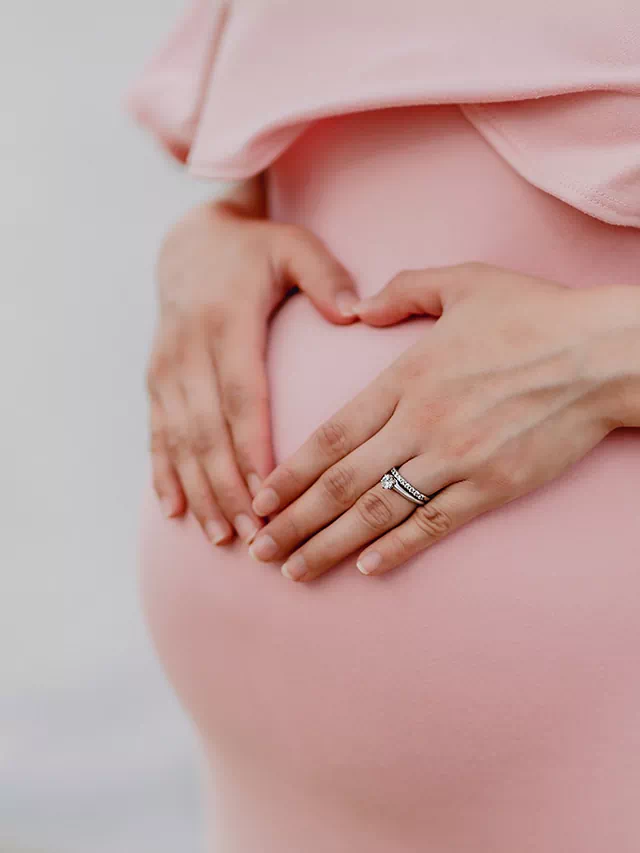Conceiving a child can be a joyful and exciting experience, but for some couples, it can also be a journey filled with uncertainty and frustration. The average time for a couple to conceive is about one year, however, many factors can affect the time it takes to conceive, including age, overall health, and fertility. Some couples may conceive within a few months, while others may take several years. It’s important to remember that every couple’s journey to conception is unique and that there are various options available to couples who are having difficulties conceiving, such as fertility treatments, adoption and surrogacy. In this article, we will explore the various factors that can affect the time it takes to conceive, as well as tips and resources for couples who are trying to conceive.
Time
The average time for a couple to conceive is about one year. This means that approximately 20% of couples will conceive within the first month of trying, 70% will conceive within 6 months, and 85% will conceive within a year. However, it’s important to remember that this is just an average and some couples may take longer or shorter to conceive.
To be emotionally and physically taxing
It’s important for couples to be open and communicative with each other throughout the process of trying to conceive, as it can be emotionally and physically taxing.
Factors
Factors such as age, overall health, and fertility can affect the time it takes to conceive. A woman’s fertility begins to decline in her late 20s, and more rapidly after age 35. Men’s fertility also declines with age, though not as significantly. If either partner has a pre-existing health condition, such as polycystic ovary syndrome (PCOS) or low sperm count, it can also affect fertility.
Right or wrong amount of time to conceive
Every couple’s journey to conception is unique and can vary widely. It’s important to remember that there is no right or wrong amount of time to conceive, and that every couple’s experience will be different.
Infertility or difficulty
It’s also important to note that infertility or difficulty conceiving can be caused by a variety of factors, including age, lifestyle choices, and underlying health conditions. If a couple has been trying to conceive for more than a year without success, they should consult with a healthcare provider to determine the cause and explore potential treatment options.
Maintaining a health
Lifestyle choices such as maintaining a healthy weight, not smoking, limiting alcohol consumption and drug use, and reducing stress can help improve fertility and increase the chances of conceiving.
Adoption and surrogacy
Couples should also be prepared for the possibility that they may not be able to conceive naturally and should consider all options available to them, including adoption and surrogacy.
Consulting
Consulting with a fertility specialist can help couples understand the causes of their infertility, and provide guidance on appropriate treatments, timing of intercourse and lifestyle changes that can help improve their chances of conception.



